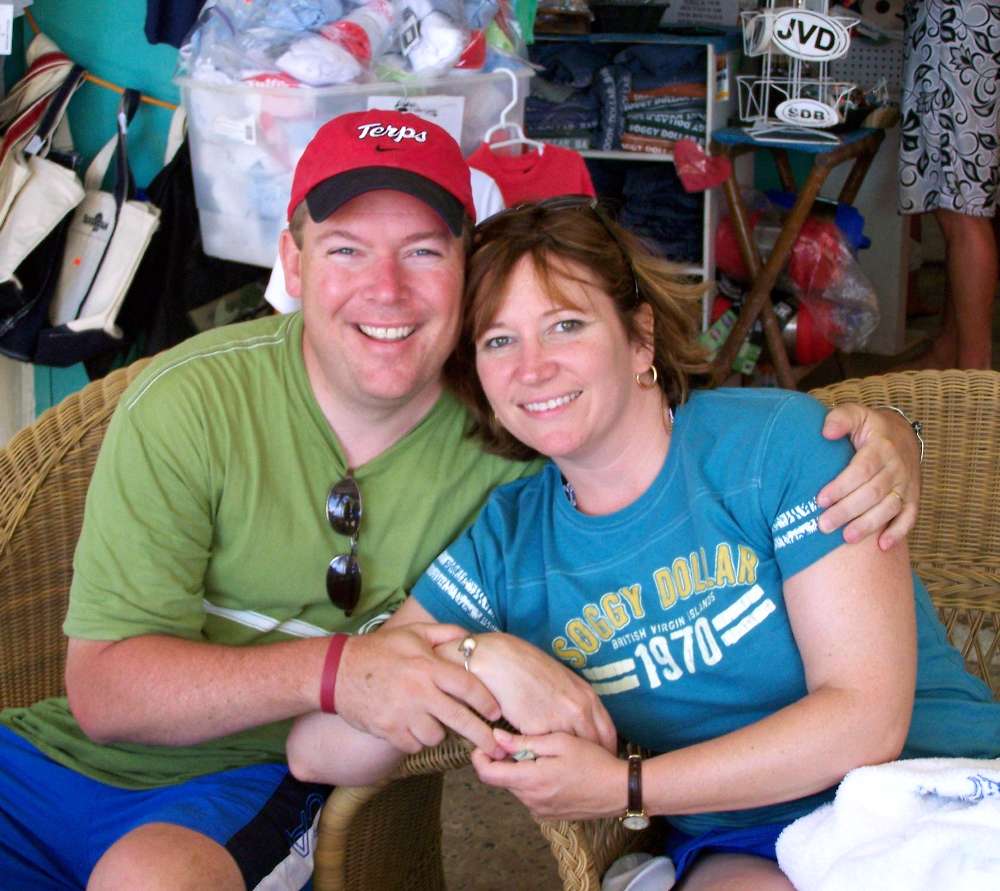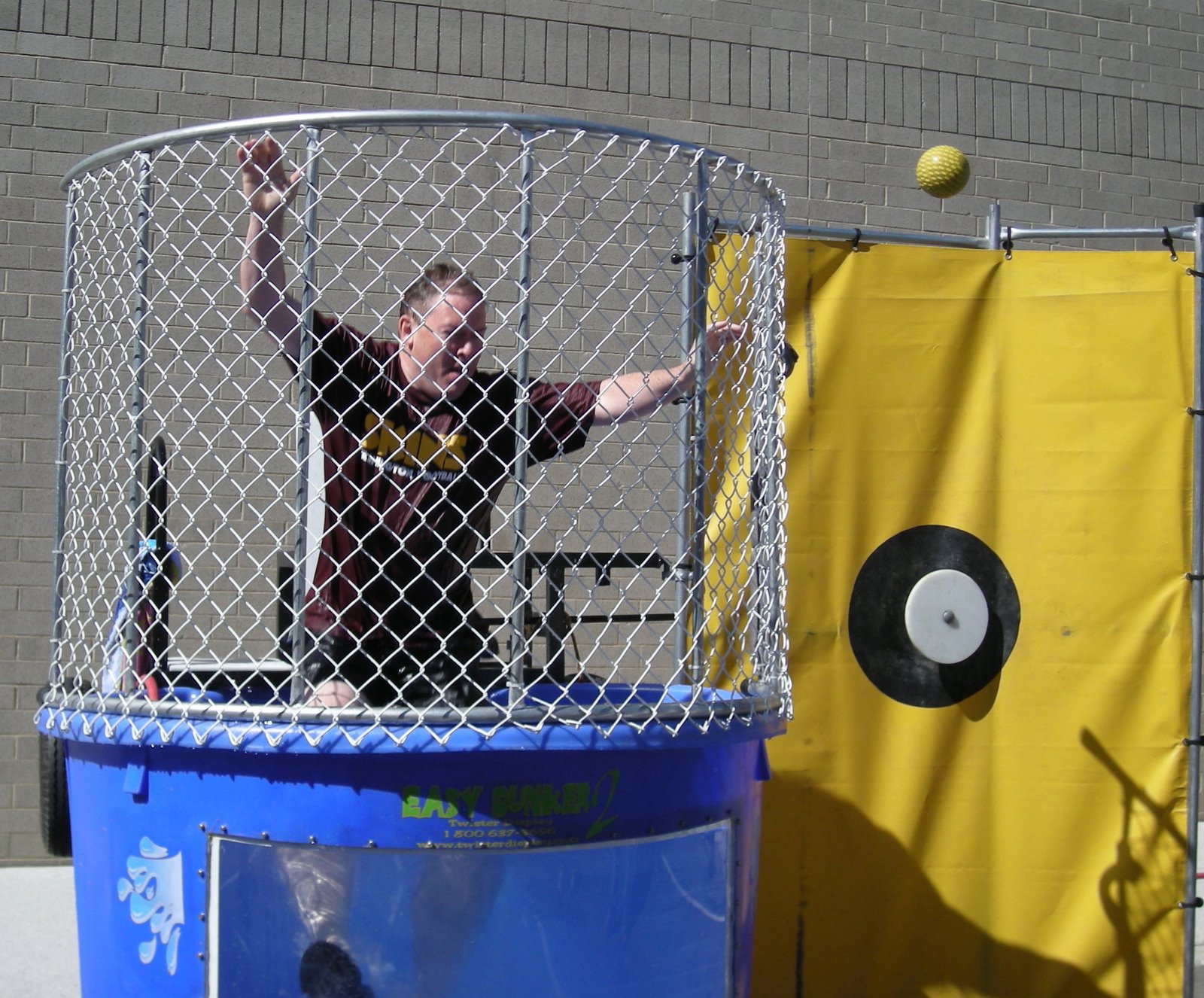Source: The London Telegraph
The publisher is ditching its weighty tomes to concentrate on an internet version, after recognising that knowledge was changing so quickly that the they were becoming obsolete as soon as they were issued. Its handsomely-presented volumes have been in print since they were first published in Edinburgh in 1768.
The publisher is ditching its weighty tomes to concentrate on an internet version, after recognising that knowledge was changing so quickly that the they were becoming obsolete as soon as they were issued. Its handsomely-presented volumes have been in print since they were first published in Edinburgh in 1768.
They will stop being available when the current stock of 2010 editions runs
out, the Chicago-based company said. Executives said the end of the printed,
32-volume set had been foreseen for some time.
Jorge Cauz, president of the Encyclopaedia Britannica company said: "This
has nothing to do with Wikipedia or Google. This has to do with the fact
that now Britannica sells its digital products to a large number of people."
The top year for the printed encyclopedia was 1990, when 120,000 sets were
sold, Cauz said. That number fell to 40,000 just six years later in 1996, he
said. The company started exploring digital publishing the 1970s. The first
CD-ROM version was published in 1989 and a version went online in 1994.
Just 8,500 volumes of the 2010 edition have been shipped. The final hardcover
encyclopedia set remains available for sale at Britannica's website for
$1,395. Online access to Britannica will be available for $70 a year.
"The sales of printed encyclopedias have been negligible for several years," Cauz said. "We knew this was going to come."
The company plans to mark the end of the print version by making the contents of its website available free for one week.
Online versions of the encyclopedia now serve more than 100 million people around the world, the company said, and are available on mobile devices. The encyclopedia has become increasingly social as well, Cauz said, because users can send comments to editors. "A printed encyclopedia is obsolete the minute that you print it," Mr Cauz said. "Whereas our online edition is updated continuously."
Britannica has thousands of experts' contributors from around the world, including Nobel laureates and world leaders such as former President Bill Clinton and Archbishop Desmond Tutu. It also has a staff of more than 100 editors.
Mr Cauz said: "To me, the most important message is that the printed edition was not what made Britannica. "The most important thing about Britannica is that Britannica is relevant and vibrant because it brings scholarly knowledge to an editorial process to as many knowledge seekers as possible."
Lynne Kobayashi of the Language of the Hawaii State Library said: "While Wikipedia has become ubiquitous, the Britannica remains a consistently more reliable source."
A.J. Jacobs, who read the entire Encyclopaedia Britannica for his book, The Know-It-All, told the Financial Times: "I am a bit heartbroken. "There was something so wonderfully concrete about the print version, and I loved the idea that all the world's knowledge could be contained in those pages."
Explorer Ernest Shackleton took a volume on his doomed Antarctic expedition and is said to have burnt it page by page to keep warm.
"You can't do that with the internet," said Mr Jacobs.
"The sales of printed encyclopedias have been negligible for several years," Cauz said. "We knew this was going to come."
The company plans to mark the end of the print version by making the contents of its website available free for one week.
Online versions of the encyclopedia now serve more than 100 million people around the world, the company said, and are available on mobile devices. The encyclopedia has become increasingly social as well, Cauz said, because users can send comments to editors. "A printed encyclopedia is obsolete the minute that you print it," Mr Cauz said. "Whereas our online edition is updated continuously."
Britannica has thousands of experts' contributors from around the world, including Nobel laureates and world leaders such as former President Bill Clinton and Archbishop Desmond Tutu. It also has a staff of more than 100 editors.
Mr Cauz said: "To me, the most important message is that the printed edition was not what made Britannica. "The most important thing about Britannica is that Britannica is relevant and vibrant because it brings scholarly knowledge to an editorial process to as many knowledge seekers as possible."
Lynne Kobayashi of the Language of the Hawaii State Library said: "While Wikipedia has become ubiquitous, the Britannica remains a consistently more reliable source."
A.J. Jacobs, who read the entire Encyclopaedia Britannica for his book, The Know-It-All, told the Financial Times: "I am a bit heartbroken. "There was something so wonderfully concrete about the print version, and I loved the idea that all the world's knowledge could be contained in those pages."
Explorer Ernest Shackleton took a volume on his doomed Antarctic expedition and is said to have burnt it page by page to keep warm.
"You can't do that with the internet," said Mr Jacobs.



















No comments:
Post a Comment